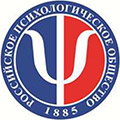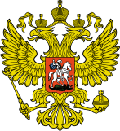Transformative Capabilities of Ego-Directed Speech (Cultural-Historical Understanding)
DOI:
https://doi.org/10.15826/Lurian.2024.5.1.1Keywords:
inner speech; exteriorization; psychotechnical effect; imaginary “other”; ego-directed speech; voice confrontationAbstract
The article is devoted to the study of the psychotechnical potential of ego-directed speech, that is, addressing oneself as another person. The idea is based on the cultural-historical theory of L. S. Vygotsky about the stages of a child’s mastery of cultural means of influence in social interaction. It is proposed to develop this idea — one more stage, influencing oneself from the position of someone else, which allows one to theoretically substantiate the presence of a transformative / psychotechnical effect. The authors designed and tested a procedure for self-referral in the form of an audio recording: goal setting, sound recording of self-referral, repeated listening to the recording. The results showed that during goal setting, criticality to expected changes decreases, the first listenings cause voice confrontation (the vector of the psychologist’s work with the client is to emphasize the task of accepting one’s voice and oneself), and continuous repetition of the appeal to oneself actually makes positive changes in the self-attitude of the study participants. The proposed technique has the effect of flexible adjustment depending on the presence or absence of voice confrontation in a person. For people with vocal confrontation, repeated listening to the message will be more effective in increasing self-acceptance and reducing internal contradictions. People without voice confrontation will be able to make neutral attitudes more positive and soften negative attitudes.





